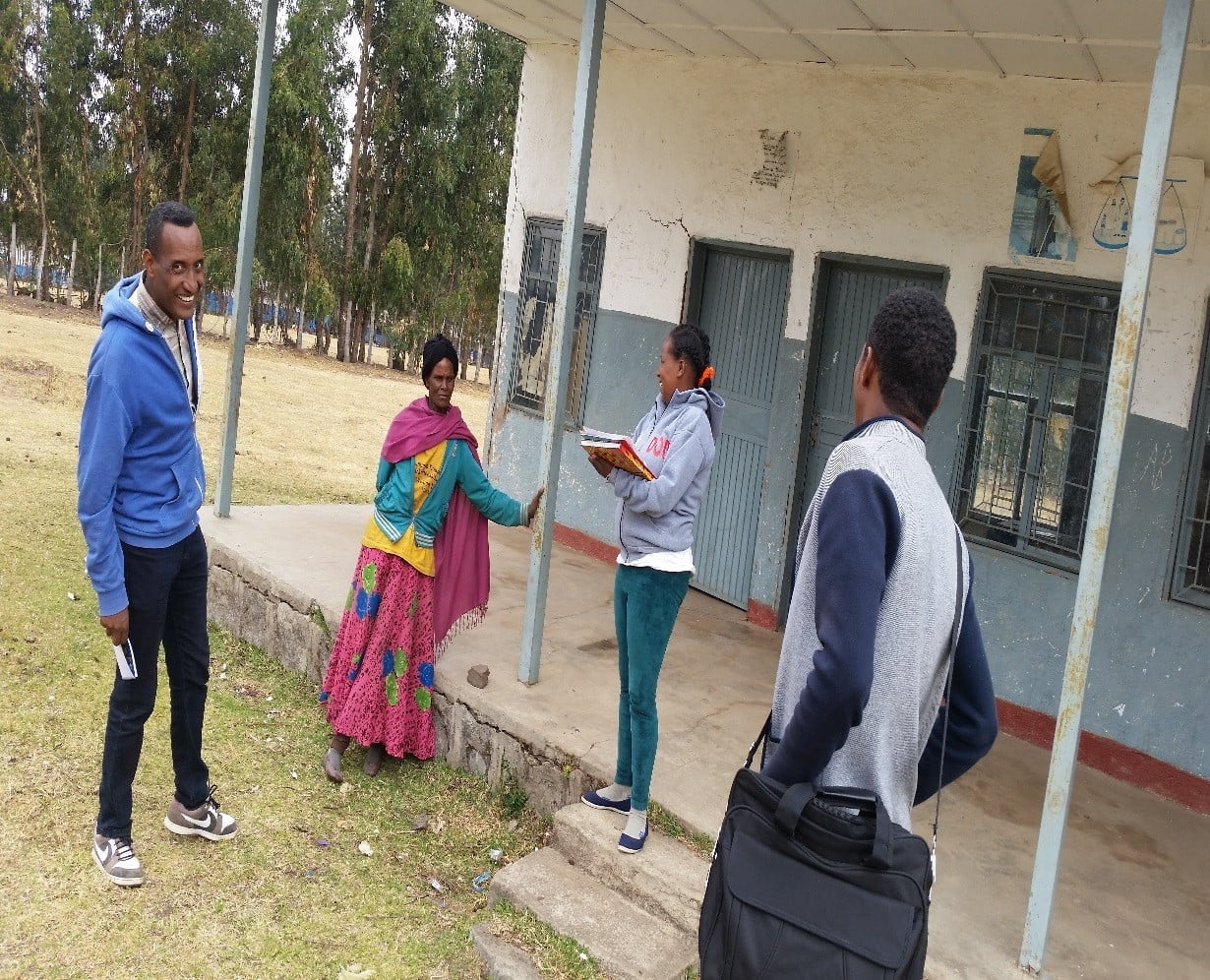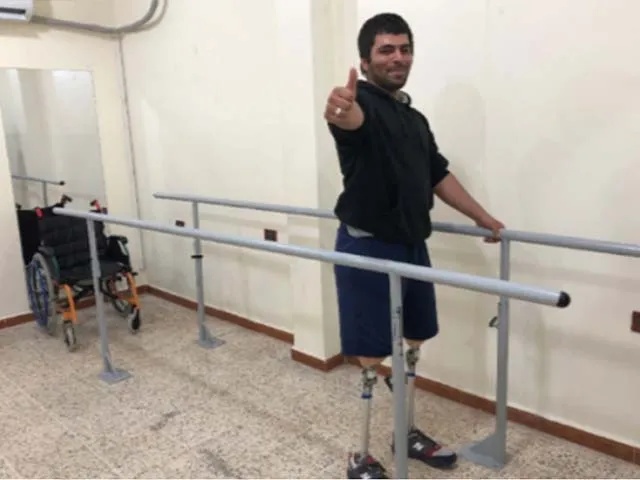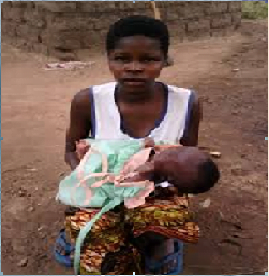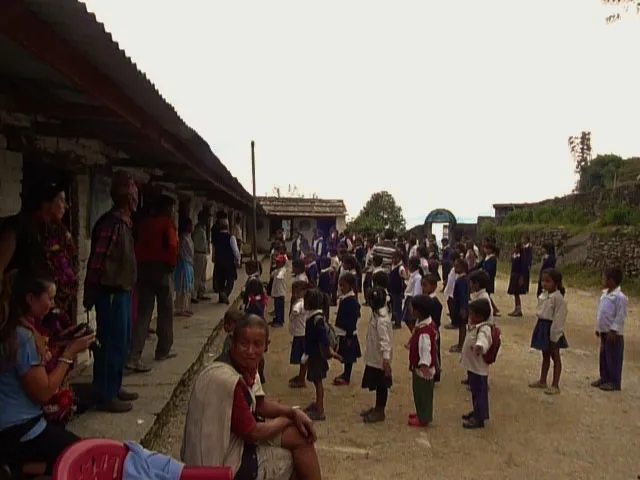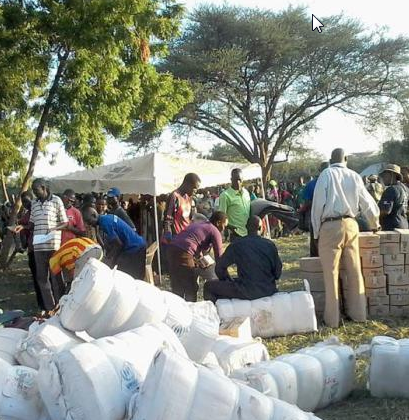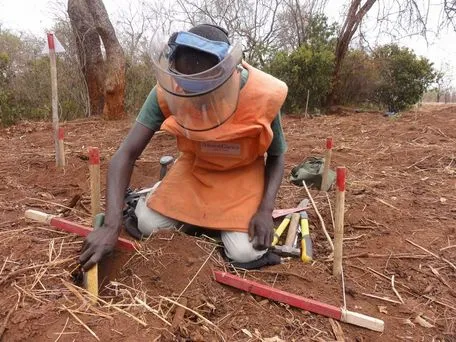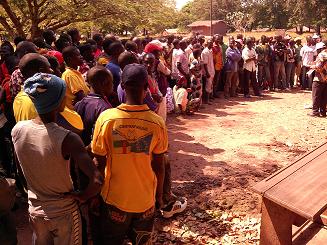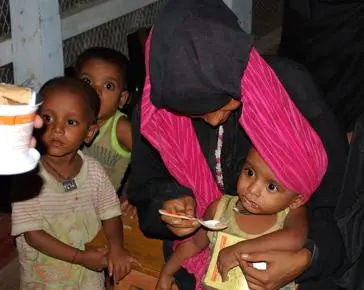Apart from FGM, being a Gender Based Violence act, it is a dangerous practice and violation of human rights for Infants, young girls and women, huge a hindrance to attaining the millennium development goals MDG 3, 4, 5 and 6.
Female genital mutilation/cutting/circumcision (FGM or FGC) are terms used to incorporate a wide range of traditional practices that involve the partial or total removal of the external female genitalia basically for traditional and cultural reasons in mostly African and Middle East societies.
This concept paper is to document to what extent FGMs is one of the most important underlying causes of the lack of progress on achieving MDGs with a special focus on the community tribes in the North Eastern part of the Republic of Uganda.
The findings indicated that there are still divided opinions about FGM practice among the community tribes in the North Eastern part of the Republic of Uganda even after criminalizing the practice. There are those who do not regret abandoning the practice, while others regret abandoning their culture, livelihood as source of income with empty promises of alternative Income generating activities by the government and local community initiative groups.
Perceptions held by those who are in favor of the practice are based on a number of motivating factors, tradition norms topping the list and as an economic livelihood means. There are various efforts that are being employed by the local community as well as Ugandan government to eliminate the tradition including enacting anti FGM law. In 2008 Uganda parliament passed a bill abolishing FGM and practicing is punishable by law as a result of these efforts, there has been a change in the community; however this does not yet mean that the tradition has been eliminated.
Interagency Statement expresses the common commitment of these organizations to continue working towards the elimination of female genital mutilation. Female genital mutilation is a dangerous practice, and a critical human rights issue.
Progress has been achieved on a number of fronts: female genital mutilation is internationally recognized as a violation of human rights; a global goal to end the practice has been set by the United Nations General Assembly Special Session on Children (UN General Assembly, 2002); policies and legislation to prohibit the practice have been put in place in many countries; and, most importantly, there are indications that processes of social change leading to abandonment of the practice are under way in a number of countries.

